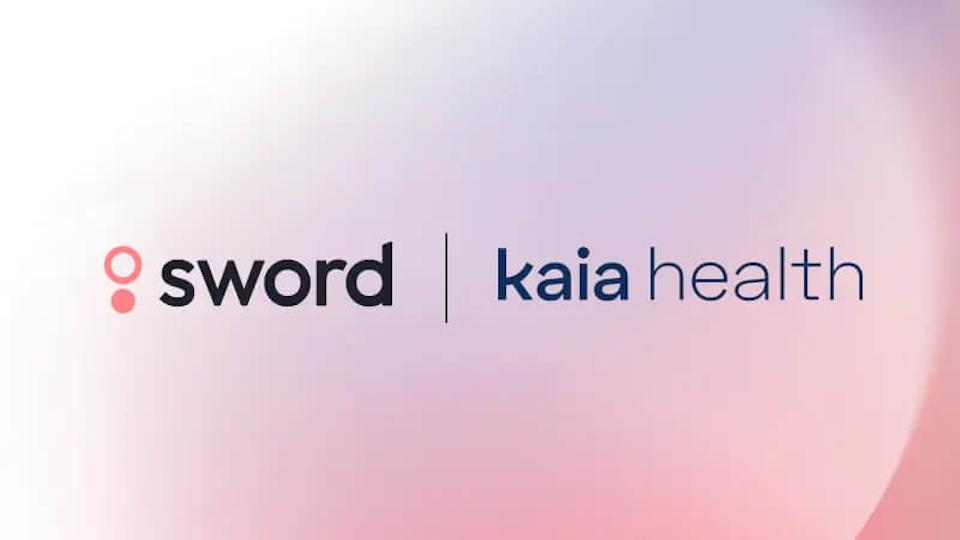Digital health round-up: Diagnosis by chatbot, mental health app for kids, and more

A survey involving young people from ‘Generation Z’ has revealed they want to see the NHS introduce digital solutions to help manage their care, with nearly two thirds saying they would be comfortable with a chatbot giving them a diagnosis.
The new research from Roche UK showed 82% of those in the 16-24 year old age bracket want to see more use of digital technology on the NHS.
Findings showed nearly two thirds (63%) of young people would be comfortable with a chatbot giving them a diagnosis when they are ill, compared to just over one in three (38%) of those over 55.
Over half (56%) of those surveyed in Generation Z would also rather receive advice from their GP or clinical pharmacists via an app or website than face-to-face (44%).
More than eight in ten (82%) would be comfortable with the NHS genetically profiling tumours to allow more accurate clinical decision making.
Almost three quarters (73%) are happy to test and share their genetic data to identify the risk of developing certain diseases and offering treatment that is personalised to someone’s specific genetic make-up.
Young people are also concerned about the future of health provision, with over a third (34%) of those aged 16-24 thinking the NHS is currently not well prepared to meet the future needs of the nation.
Mental health app aims to improve kids’ mental health
Digital health firm Healios is beginning clinical trials of ThinkNinja, an app designed to help children with mental health problems.
ThinkNinja is aimed at helping young people aged 11 to 17 years old with their mental health, emotional wellbeing and resilience, and provides support for those with symptoms of anxiety and low mood.
The product is the first in a series in development from Healios, and aims to provide instant access to high-quality, early intervention care for young people, especially for those who are struggling with their mood.

The trial will test ThinkNinja with 5,000 children across schools in Madrid, Devon, Hampshire, Somerset and Derbyshire.
Healios said ThinkNinja has been built by technical, design, and clinical experts, guided by young people.
The app uses a learning algorithm to develop a deeper understanding of the user, through asking a series of clinically related questions.
It is designed as an early intervention to help with the stresses that life throws at all teenagers, from exams to relationships and dealing with social interactions.
ThinkNinja can pick up on behaviours that fuel anxiety and low mood and then help the user develop new behaviours and coping strategies to face their fears.
If the young person’s mental health worsens, the app will also detect risky behaviours such as suicidal thinking and support the young person to reach out for urgent help.
ThinkNinja was not designed to replace human clinicians but to help young people manage and cope better.
But the hope is that the app will help reduce the burden on schools and NHS mental health services.
EyeQue launches app-based eye test
US ophthalmology technology firm EyeQue has launched VisionCheck, which it says is the world’s first automated optical device allowing consumers to measure and track their refractive error and order glasses with the results.
VisionCheck is based on technology developed at MIT and combines a cloud-based platform and a smartphone app with a motorised optical scope.
The company says the result is a low-cost, user friendly piece of tech that allows people to gather corrective vision measurements whenever and wherever they choose.
The scope attaches to a consumer’s smartphone screen and uses Bluetooth to send data to the phone.
VisionCheck measures refraction error of each eye and produces results in the form of EyeGlass Numbers, a standard scale showing the lens power needed to correct nearsightedness, farsightedness and astigmatism.
The smartphone attachment contains three precision optical lenses that automatically rotate internally using a high precision motor, capturing each meridian of the eye, measuring focus and astigmatism.
EyeQue has an exclusive licence for its mobile refraction measurement technology, which is based on an MIT patent employing the Inverse Shack Hartmann optical method.
Once a consumer completes a series of eye tests, results are instantly processed via EyeQue Cloud through algorithms and appear in the form of EyeGlass Numbers with spherical, cylindrical, and axis figures – the same values an ophthalmologist uses to issue a prescription.
Consumers can use these results to order eyeglasses through online retailers from the convenience of home – saving time and money both in terms of taking a test and obtaining their new glasses.
It has already been named as a CES Innovation Awards honoree in the Technology for a Better World category.
The optical scope contains a rechargeable battery, a Bluetooth control interface and a sophisticated touch mechanism.
Pistoia Alliance announces update to pharma data stewardship model
The not-for-profit organisation Pistoia Alliance has announced an update to its model of data stewardship for the pharma industry, which it hopes will become standard practice.
It said its Unified Data Model (UDM) format has been developed to allow a standard file format between researchers and organisations and has been developed with funding from Biovia, Elsevier, GlaxoSmithKline, Novartis and Roche.
The latest update of the UDM file format v5.0 Brooklyn allows users to customise parts of the file format.
This overcomes the existing barrier to data exchange by instead making files interoperable and shareable.
The implementation of the UDM format provides a number of other benefits for life sciences organisations and vendors, such as more accessible data and less duplication.












